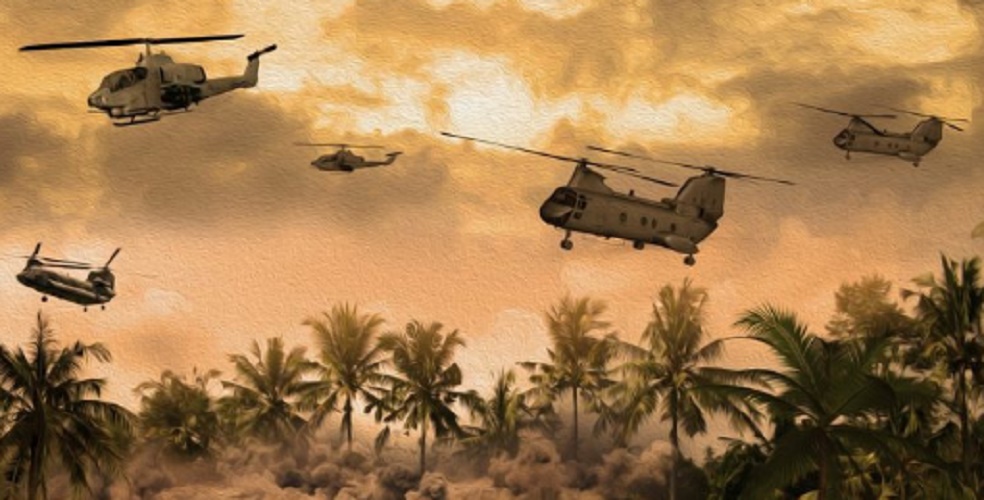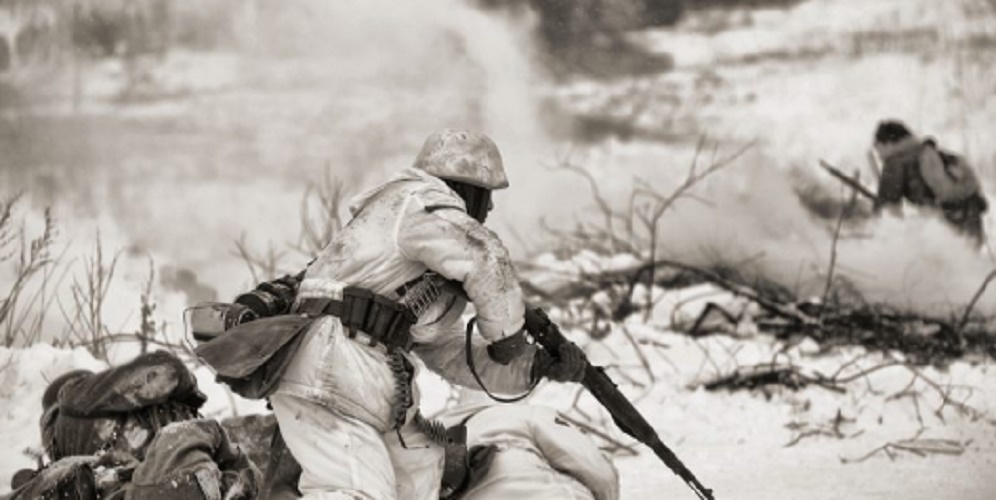What is war?
We explain what war is and the main causes that initiate these conflicts. In addition, the types of war and what are the world wars.
-
What is war?
When we talk about war, we generally refer to an armed conflict between two relatively massive human groups , using all kinds of strategies and technologies , in order to impose themselves violently on the other, either causing death or simply defeat. It is the most serious form of social and political conflict that can exist between two or more human communities.
Much has been said about war, which seems to be part of human (especially international) relations since the beginning of civilization. In fact, many economic systems, social miscegenations and technological advances have been sadly the result of prolonged and bloody wars. Many genocides , city devastation and irreparable cultural losses, too.
However, the rules that regulate and determine a war (and the simple fact that these rules exist) have changed throughout human history , which goes through defining who are and who are not the combatants, what margins of neutrality there will be or what kind of weaponry will be allowed.
However, there are those who consider every attempt to regulate war as naive , since it obeys the most selfish of human desires. According to Carl von Clausewitz, thinker of the subject, “war is the continuation of politics by other means.”
-
Main causes of war

The causes of war can vary greatly, depending on the social, political, economic and cultural context in which they occur , as well as those involved and their particular history. Usually there is no single motivation for war, but a set of them and contextual variables, since war is a complex issue.
In ancient times, wars used to start for reasons of territorial expansion (that is, for taking over arable land or economic resources), such as the wars of conquest that the Roman Empire unleashed around it in Europe, Africa and Asia.
Many of them were often involved in religious considerations or deep cultural confrontations, such as the numerous crusades that the Catholic Church in charge of the Holy Roman Empire would later unleash against the Arab kingdoms, against the pagans, or by the reconquest of Jerusalem, a city held As sacred in that religion .
Other wars were triggered by internal disputes of a nation , from which some set of territories wished to become independent and form a separate nation, such as the American Independence Wars, which severed the political and economic bond with respect to Europe.
The latter also occurs when two or more political factions dispute the leadership of a nation, which leads to civil war, as is the case of the Nicaraguan conflict during Sandinismo.
-
Types of war
Based on the purposes of its participants and the context of their opposing sides, we can talk about:
- Holy wars . Those convened by a church or a religious representative, based on ancestral traditions of struggle for the survival of one religion over others, or a culture over others, which leads to consider itself as the only legitimate and true, and all others as infidels and sinners.
- Civil wars . Those who dispute two or more political and / or social or racial factions within the same country, for controlling the direction of the institutions or imposing a socio-political model over another. In this case, combatants are not usually strictly military, but almost the entire population is involved in the confrontation.
- Guerrilla warfare . Conflicts in which a contender (usually an occupation force) is disproportionately superior to the other, and the latter goes to tactics of brief confrontation and rapid withdrawal, since he cannot face his enemy frontally.
- Total War . This name is used for the conflicts in which the nations involved mobilize to the last of their available resources to confront and defeat the enemy. Not to be confused with the concept of “absolute war” by von Clausewitz.
- Nuclear war . Emerged only from the twentieth century and the development of atomic weapons of mass destruction, they represent a danger even for the life of the planet itself, since atomic bombs could devastate cities and entire regions. There has never been one, thankfully, because it could mean the end of humanity.
-
World wars

The world wars have been war events of enormous magnitude, involving dozens of countries (especially the powers of the moment) and in which, therefore, few countries were able to retain their neutrality . The effects of these large-scale wars have always been devastating, tragic, involving millions of wounded and dead, as well as incalculable losses in material goods.
So far there have been two world wars, both in the twentieth century : the First World War (or Great War) from 1914 to 1918 and the Second World War from 1939 to 1945. The Cold War between the US and the now extinct USSR, which lasted almost sixty years, it is often considered a third world war, with the proviso that the contestants never faced each other directly, but through their influence in third countries.




